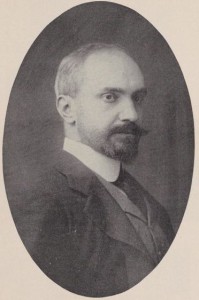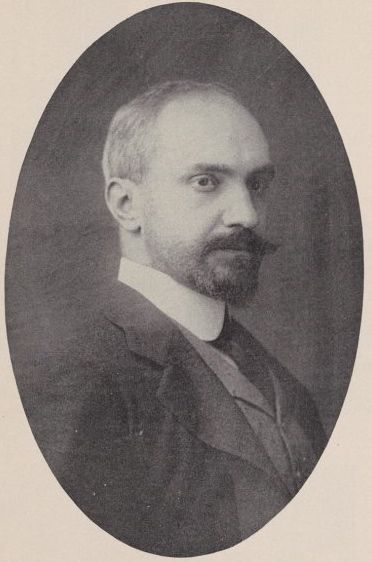 To Mary Williams Winslow
To Mary Williams Winslow
Florence, Italy. Dec. 31. 1912
My sister-in-law Ellen has written me a Christmas letter in which she speaks of you and says your children are splendidly healthy, which is all that can be required of them at their tender age; and I hope they will continue to look angelic and to behave accordingly. Nowadays, I daresay the angels play tennis and football, just as formerly they used to brandish flaming swords and to spear dragons. I have also heard from Mrs. Toy, your favourite Fuller, and the Schofields (this last on business, but with friendly and social frills) all of whom put together give me a vivid picture of Boston, with its old heart and its new subway vibrating merrily together. It doesn’t seem to me much more remote than when I was there; and I am surprised to see how much life everywhere is now like life in America. Except Boylston Beal, I hardly know anybody who seems to stop to consider what it all comes to–and he is a trifle captious in his judgments. It is a sort of tobbogan-slide; but I assure you it is far more comfortable and far more interesting to roll off as soon as possible into the soft snow by the way, shake oneself together, and look on. My friend Strong does the same thing and we sympathize entirely on every subject except mind-stuff (which I insist on calling by another name) but he doesn’t get as much fun out of it as I do. He is far more charitable and hasn’t an enormous sense of humour. And I am a little afraid, when his villa at Fiesole is built (a part of it was washed down by the rain the other day) he will find the moral atmosphere of the place less satisfactory than the Tuscan air. He will be roped into the Anglo-American aesthetic ring, and the sparring ladies will make him dizzy. On Christmas he actually had to go to Lady Sybil Cutting’s fancydress party, dressed like a decadent Roman, with a ridiculous false beard, a hired tunic with tinsel embroideries glued on, pink stockings, and a scroll in his hand (the plans for his villa, I suppose). Margaret went as an ancient Egyptian. He was ill the next day in consequence.
From The Letters of George Santayana: Book Two, 1910-1920. Cambridge, MA: The MIT Press, 2001.
Location of manuscript: The Houghton Library, Harvard University, Cambridge MA.
